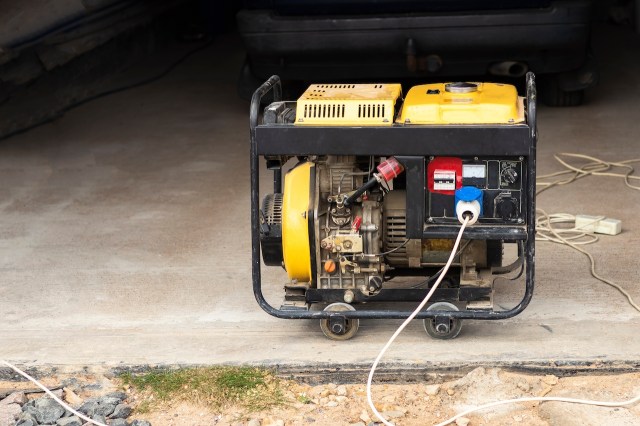Choosing the Right Backup Electrical Generator: A Comprehensive Guide

In today’s fast-paced world, uninterrupted power supply is essential for both residential and commercial properties. Whether it’s to ensure the smooth operation of your home appliances or to keep your business up and running during a power outage, having a backup electrical generator is crucial. However, with so many options available in the market, choosing the right backup electrical generator can be overwhelming. In this comprehensive guide, we will walk you through everything you need to know to make an informed decision.
Understanding Your Power Needs
Before diving into the different types of backup electrical generators, it’s important to assess your power needs. Start by making a list of all the essential appliances and equipment that would require power during an outage. This may include refrigerators, lights, heating or cooling systems, computers, and security systems.
Next, calculate the total wattage required to run these appliances simultaneously. This will help you determine the size and capacity of the generator you need. Keep in mind that certain appliances like refrigerators may require additional wattage during start-up.
Types of Backup Electrical Generators
There are several types of backup electrical generators available in the market. Understanding their differences will help you choose one that suits your specific needs.
Portable Generators: These generators are versatile and can be easily moved around as needed. They run on gasoline or propane and provide temporary power during an outage. Portable generators are ideal for smaller properties or as a temporary solution.
Standby Generators: Unlike portable generators, standby generators are permanently installed outside your property and connected directly to your electrical system. They automatically turn on when there is a power outage and switch off once power is restored. Standby generators run on natural gas or liquid propane and can provide continuous power for extended periods.
Inverter Generators: Inverter generators are known for their quiet operation and fuel efficiency. They produce clean power with low total harmonic distortion, making them suitable for sensitive electronic devices like laptops and smartphones. Inverter generators are portable and often come with features like automatic shut-off for fuel efficiency.
Fuel Source Considerations
Another important factor to consider when choosing a backup electrical generator is the fuel source. The most common fuel sources for generators are gasoline, propane, natural gas, and diesel. Each has its pros and cons.
Gasoline is readily available but has a limited shelf life and can be hazardous to store. Propane is clean-burning and can be stored in tanks, but may require additional equipment for installation. Natural gas is convenient if you already have a natural gas supply line, but installation costs may be higher. Diesel generators are durable and efficient but require regular maintenance.
Consider factors such as fuel availability in your area, storage requirements, costs, and environmental impact when deciding on the most suitable fuel source for your backup electrical generator.
Installation and Maintenance
Proper installation and regular maintenance are crucial for the optimal performance of your backup electrical generator. It’s recommended to hire a professional electrician or generator technician to ensure safe installation that complies with local codes.
Regular maintenance includes tasks such as changing the oil, inspecting air filters, checking battery condition, and testing the generator’s functionality periodically. Following the manufacturer’s guidelines for maintenance will extend the lifespan of your generator and ensure it operates reliably during power outages.
In conclusion, choosing the right backup electrical generator involves understanding your power needs, considering different types of generators available in the market, evaluating fuel source options, and ensuring proper installation and maintenance. By following this comprehensive guide, you’ll be well-equipped to make an informed decision that meets your specific requirements for uninterrupted power supply during emergencies.
This text was generated using a large language model, and select text has been reviewed and moderated for purposes such as readability.





